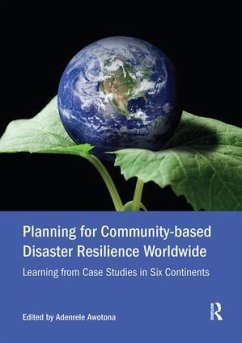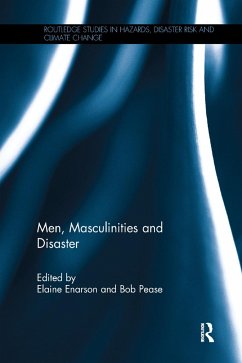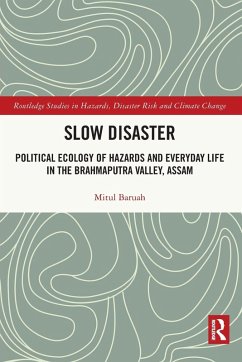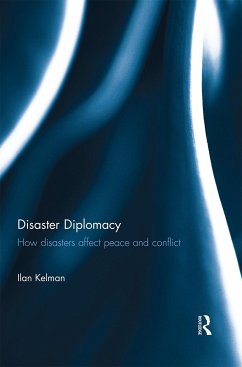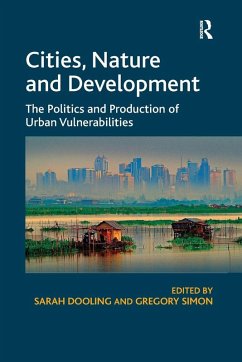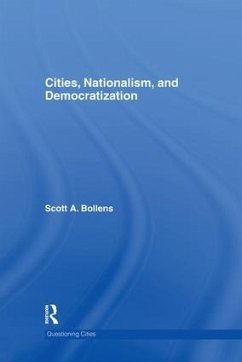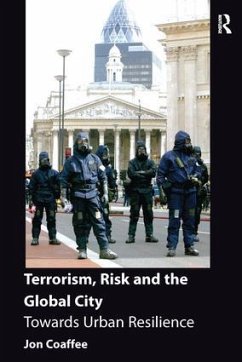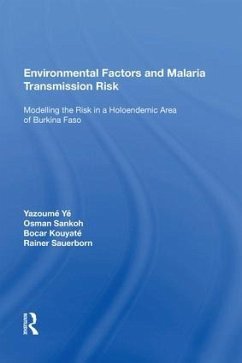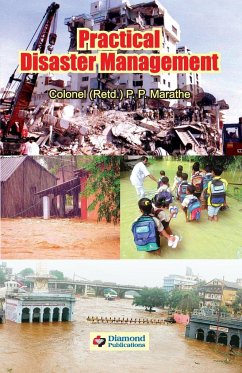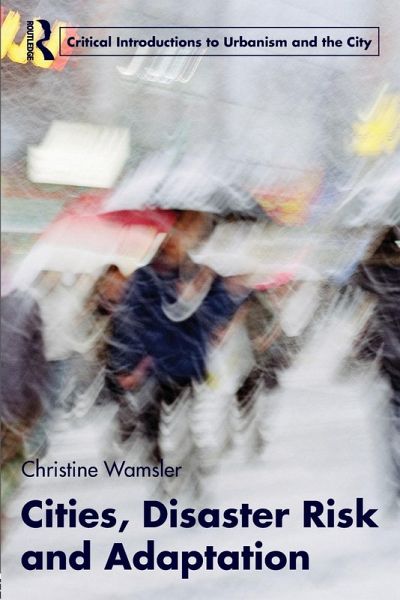
Cities, Disaster Risk and Adaptation
Versandkostenfrei!
Versandfertig in 1-2 Wochen
70,99 €
inkl. MwSt.
Weitere Ausgaben:

PAYBACK Punkte
35 °P sammeln!
This book addresses the urgent need for re-evaluating current city planning to provide better solutions. With disasters and changing climatic conditions being a product of past developments, responding and adapting effectively to risk is inherently complex. This book explores the complex interrelation between disasters, climate change, and cities, provides an understanding on how to integrate sustainable risk reduction and adaptation into city planning - both in theory and in practice, and analyzes the role that people's coping strategies, urban institutions, and governance can play in address...
This book addresses the urgent need for re-evaluating current city planning to provide better solutions. With disasters and changing climatic conditions being a product of past developments, responding and adapting effectively to risk is inherently complex. This book explores the complex interrelation between disasters, climate change, and cities, provides an understanding on how to integrate sustainable risk reduction and adaptation into city planning - both in theory and in practice, and analyzes the role that people's coping strategies, urban institutions, and governance can play in addressing increasing disaster risk.






